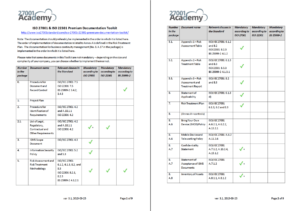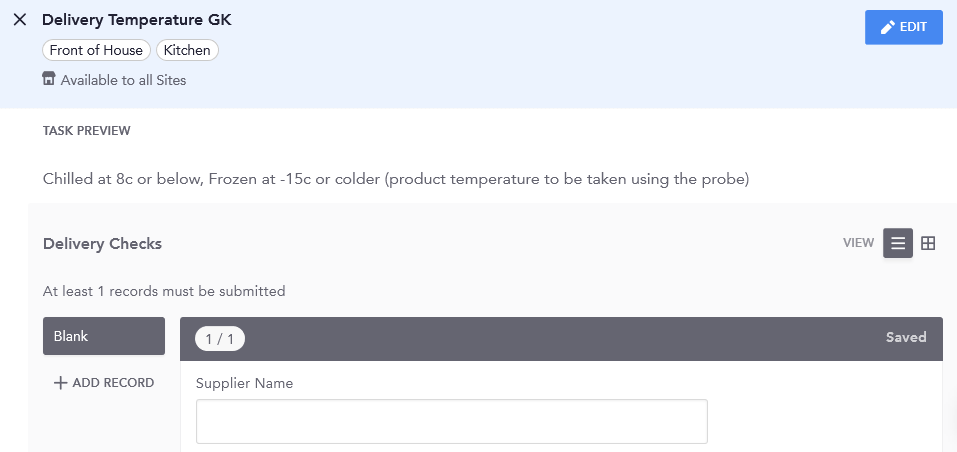Occasional Audit
- Auditing Tutorial
- Auditing Useful Resources

- Selected Reading
A partial audit is an audit that is conducted considering the particular area of accounting. Under partial audit, audit of the whole account is not conducted. Only the audit of the particular area where the owner thinks it is essential to conduct an audit will be conducted. Normally, business transaction is concerned with cash, debtor, creditor. The occasional audit is conducted when there is need of it. The owners can decide to check their accounts. The admission of new partner and a loan application requires audit of accounts. The audit period is not regular but no certain occasions audit becomes due.
- An independent audit is an examination of the financial records, accounts, business transactions, accounting practices, and internal controls of a charitable nonprofit by an 'independent' auditor.
- Audit Support Guarantee: If you received an audit letter based on your 2020 TurboTax return, we will provide one-on-one support with a tax professional as requested through our Audit Support Center for returns filed with TurboTax for the current tax year (2020) and the past two tax years (2019, 2018). If we are not able to connect you to one of.
Following are the main advantages of auditing for different stakeholders −
For the Owner and Shareholders
Sole proprietor of a business and partners of firm can rely and depend on audited financial statements.
Auditing is helpful for valuation and business settlement at the time of admission of new partner, retirement or death of a partner. This avoids the risk of any dispute in a firm.
Audited financial statement is the only way out for shareholders to judge the performance of the management of the company.
For the Management

Auditing is helpful in detecting frauds and prevention of errors.
It helps to keep the staff vigilant; as eventually the work done by them goes for an audit.
Insurance claim can be easily estimated from audited accounts.
Management can take advantage of expert advice of Auditor in financial matters.
Comparison of financial statements of different years becomes easier.
Assessment of Tax Liabilities is easy.
For the Government
Occasional Audit
Taxation authorities and all other Government authorities rely on audited financial statements; even the courts accept these as evidence when the situations call for.
Occasional Auditory Hallucinations
For the Creditors
Creditors of an organization also rely on audited financial statements and accordingly grant credit limit to business entities.

For Others
Audited accounts are easily accepted by insurance companies for settlement of claims.
Audited financial statements are acceptable by bank and financial institutions and helpful in getting loans and credit facilities.